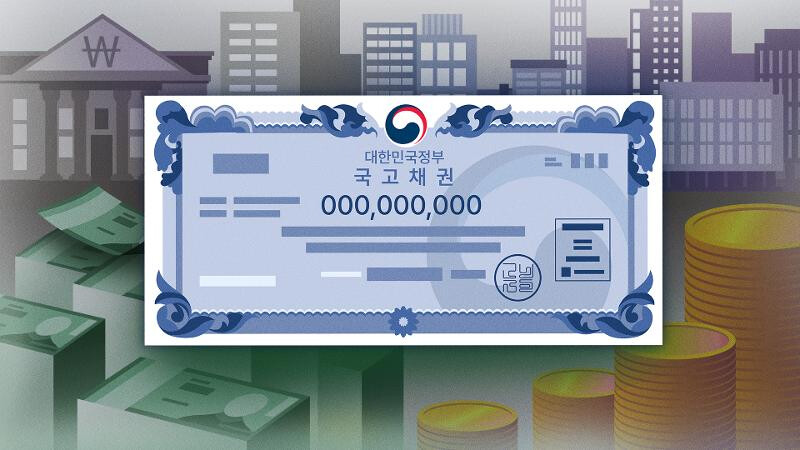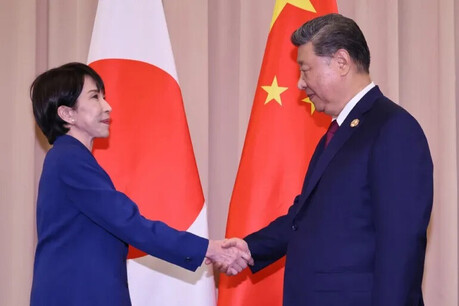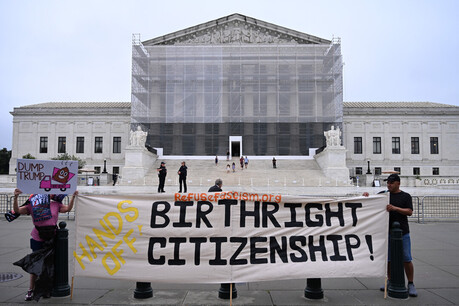
Seoul, South Korea – The South Korean government has unveiled a comprehensive plan to simplify the process for foreign investors to purchase Korean government bonds. This move is seen as a strategic effort to attract more foreign capital, stabilize the volatile exchange rate, and revitalize the domestic financial market amid growing political and economic uncertainties.
A cornerstone of the government's 2025 economic policy, the plan aims to significantly reduce the bureaucratic hurdles that foreign investors currently face. Previously, even when using a unified bond account, foreign investors had to open separate accounts for each sub-fund or legal entity, leading to complex and time-consuming trading and settlement procedures.
Under the new regulations, foreign asset management firms will be able to conduct transactions on a consolidated basis, either at the level of global custodian banks or asset management companies, rather than for individual funds. This streamlined approach will significantly reduce administrative burdens.
To further enhance the accessibility of the Korean bond market to foreign investors, the government will promote a global sales model. Traditionally, foreign investors had to open accounts with local securities firms to purchase Korean government bonds. However, this often involved navigating an unfamiliar financial system, acting as a deterrent.
Going forward, global banks will be able to facilitate transactions on behalf of foreign investors by connecting them with domestic financial institutions. For instance, a foreign investor can simply place an order with a global bank like Citibank or HSBC to purchase Korean government bonds. The global bank will then execute the trade on behalf of the investor. Additionally, domestic banks will be granted licenses to conduct outbound marketing to attract foreign investors directly.
To facilitate the inflow of foreign capital, the government is also easing foreign exchange regulations. Previously, only foreign exchange institutions (RFIs) were authorized to handle foreign exchange transactions related to stocks and bonds. This restriction imposed limitations on various transactions, such as settling export and import payments or remitting salaries to overseas subsidiaries.
The government will expand the scope of RFI operations to include all transactions, including current account transactions such as settling export and import payments. This will allow multinational corporations to use RFIs to convert the proceeds from the sale of products manufactured in Korea. This change is expected to increase the liquidity of the foreign exchange market by enabling foreign companies and financial institutions to freely exchange Korean won and US dollars, including during non-business hours.
The government had already extended the operating hours of the domestic foreign exchange market to 2:00 AM, aligning it with the closing time of the London financial market. However, trading volume during these extended hours remained low. To address this issue, the government will clarify regulations to allow domestic financial institutions and foreign bank branches to actively place orders using automated trading systems (eFX) during nighttime hours.
The ultimate goal of these policy changes is to attract more foreign capital into the Korean economy, thereby stabilizing the Korean won and enhancing the competitiveness of the financial market. As foreign investors purchase Korean government bonds or stocks, they will need to exchange foreign currencies for Korean won, increasing demand for the won and helping to stabilize its value. Moreover, by expanding trading hours and the number of market participants, these measures aim to reduce excessive volatility in the foreign exchange market.
[Copyright (c) Global Economic Times. All Rights Reserved.]





























